Making Sure Communities Benefit From Big Events
United Way of King County’s latest installment to its Advancing Racial Equity Series explored how the region can use upcoming events, like January’s NHL Winter Classic, A-list concerts, and the 2026 FIFA Men’s World Cup, to enrich our diverse communities and serve neighborhoods equitably.
Advancing Racial Equity: Of Equity & Events featured Laura Clise, founder and CEO of Intentionalist, who moderated a panel that also comprised Chera Amlag, owner-operator, Hood Famous Bakeshop; and Doug Baldwin, former Seattle Seahawks great who is now a community investor and entrepreneur; and Maya Mendoza-Exstrom, chief operating officer for Seattle Sounders FC and the city’s Seattle’s 2026 FIFA World Cup Host City Board co-chair.
While all the panelists helped make for a spirited event, its focal point was Mendoza-Exstrom, who has been at the forefront of helping lure the World Cup to Seattle when the bidding process began in 2017.
She fielded the bulk of questions and comments from an audience eager to know how the 2026 World Cup’s showing here might differ from events in 2023, particularly the MLB All-Star Game at T-Mobile Park. Small business owners of the International District, one of the closest neighborhoods to T-Mobile Park, were told to prepare for an influx of All-Star Game customers, but only scant traffic from the game’s festivities made it to the neighborhood.
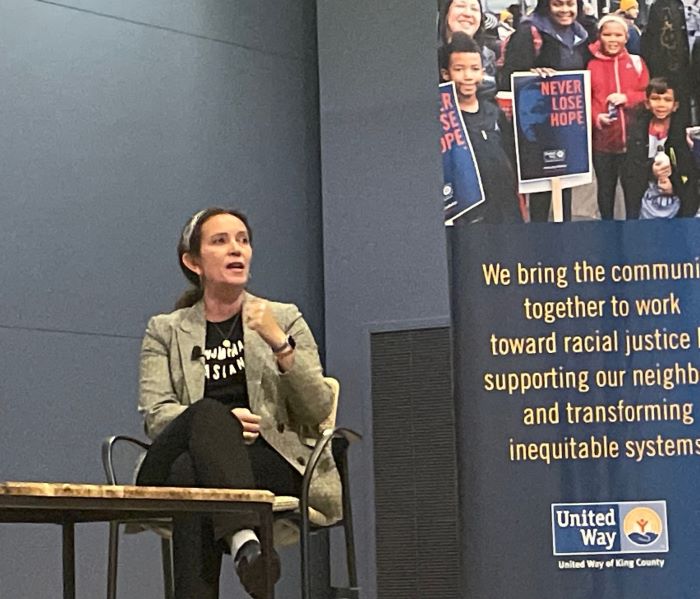
That leaves Maya Mendoza-Exstrom with the task of managing the hopes and concerns of local entrepreneurs and working with an international football federation that is often so concerned about the playing field for matches (known as the pitch in soccer speak) that they’re practically keeping tabs on every blade of grass.
“When you have major events like [the World Cup], you have the organizing body in FIFA and they have so many precise things they care about,” said Mendoza-Exstrom. She graciously fielded every question and comment from an audience that often pressed her on specifics. She insisted local officials will do what they can to ensure that businesses here reap the benefits of the financial windfall the World Cup will bring.
“One of the things that is true in opportunity for us is with the [business impact] around the stadiums,” Mendoza-Exstrom added. But not just around the stadiums, because there is a real reality where we could have a Fan Fest at Pier 62 that disproportionally burdens the waterfront—or we can share that wealth.
“What if we did a Fan Fest in the New Holly neighborhood, where we have two mini-pitches, and support the businesses around light rail and encourage people to go watch there?” Mendoza-Exstrom added. “Those conversations have started emanating from the neighborhoods.”
If we are going to put something in place to allow for more accessible ground-based transit for those with physical limitations, couldn’t that be a legacy we leave behind?
Maya Mendoza-Exstrom, chief operating officer for Seattle Sounders FC and the city’s Seattle’s 2026 FIFA World Cup Host City Board co-chair
Mendoza-Exstrom and other local soccer officials are trying to get a jumpstart on making certain that Seattle’s rich ethnic and cultural diversity is celebrated and the people from those communities capitalize—all while not yet knowing which nations will field World Cup teams here. She said many decisions about the event lie with FIFA, and the speed and precision at which the governing body moves can often prevent relationship building to guarantee that community needs are met and voices are heard.
Often, she says, what’s paramount to FIFA is a perfect pitch on match day.
“I am learning so much about how you perfectly curate and take care of grass—the air you pump underneath it, the heat you pump underneath it, the water,” Mendoza-Exstrom said. “It’s literally to a blade—as if all the blades are named.”
That’s why she cautioned folks to understand that even with the best of efforts, not everyone will benefit from major events like the World Cup being here.
“We will by no means get everyone in the room; that’s going to be a reality,” Mendoza-Exstrom said. “But if we index toward putting more people in the room—conversations have started in and around neighborhoods, and they’re continuing.
“One of the first decisions we made as a board was to hire a chief legacy officer to not have the legacy be the $20 million left over that’s just given to charity but to center all of these activities toward her scope of control,” Mendoza-Exstrom added. “[The chief legacy officer] has convened folks from different disciplines to say, ‘Hey, if we are going to put something in place to allow for more accessible ground-based transit for those with physical limitations, couldn’t that be a legacy we leave behind?”
The poignant discussions made for an engaging event—not unlike others in the Advancing Racial Equity series, which creates opportunities to listen to and learn from leaders from communities of color and experts across the nation. To learn more about the series and keep tabs on future events, click here.

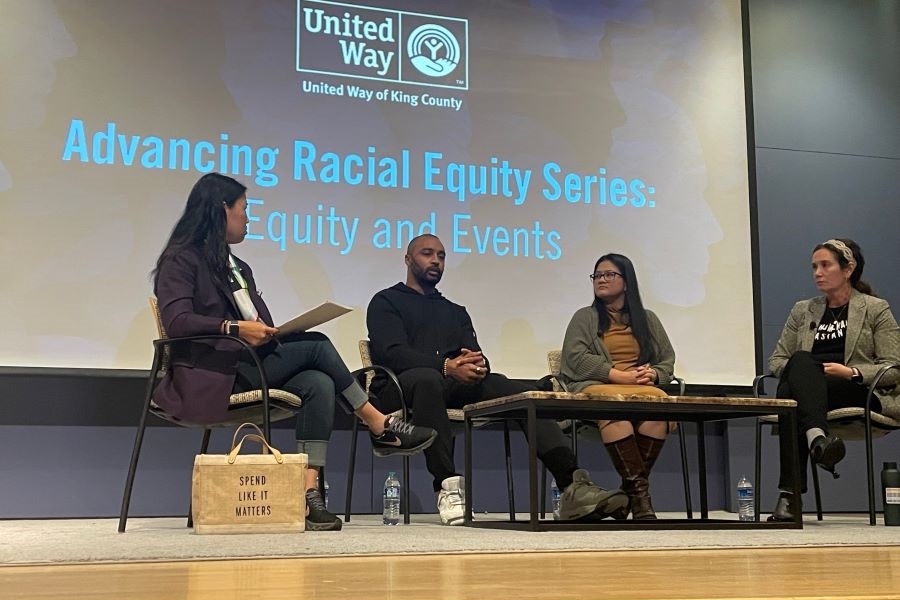
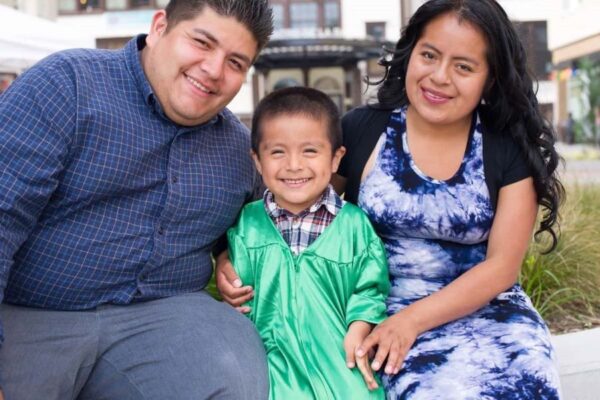
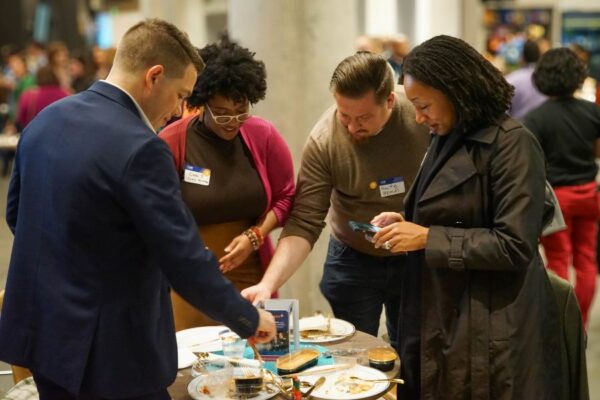
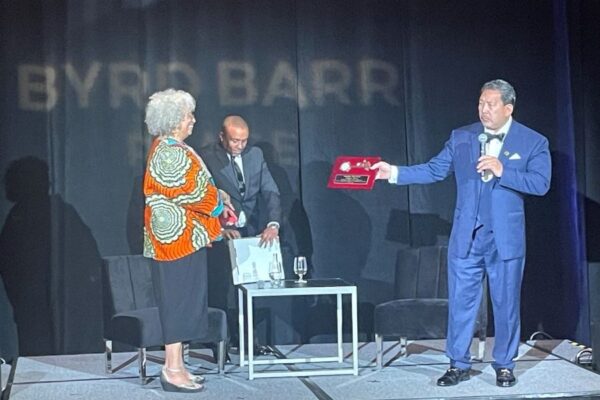
Comments